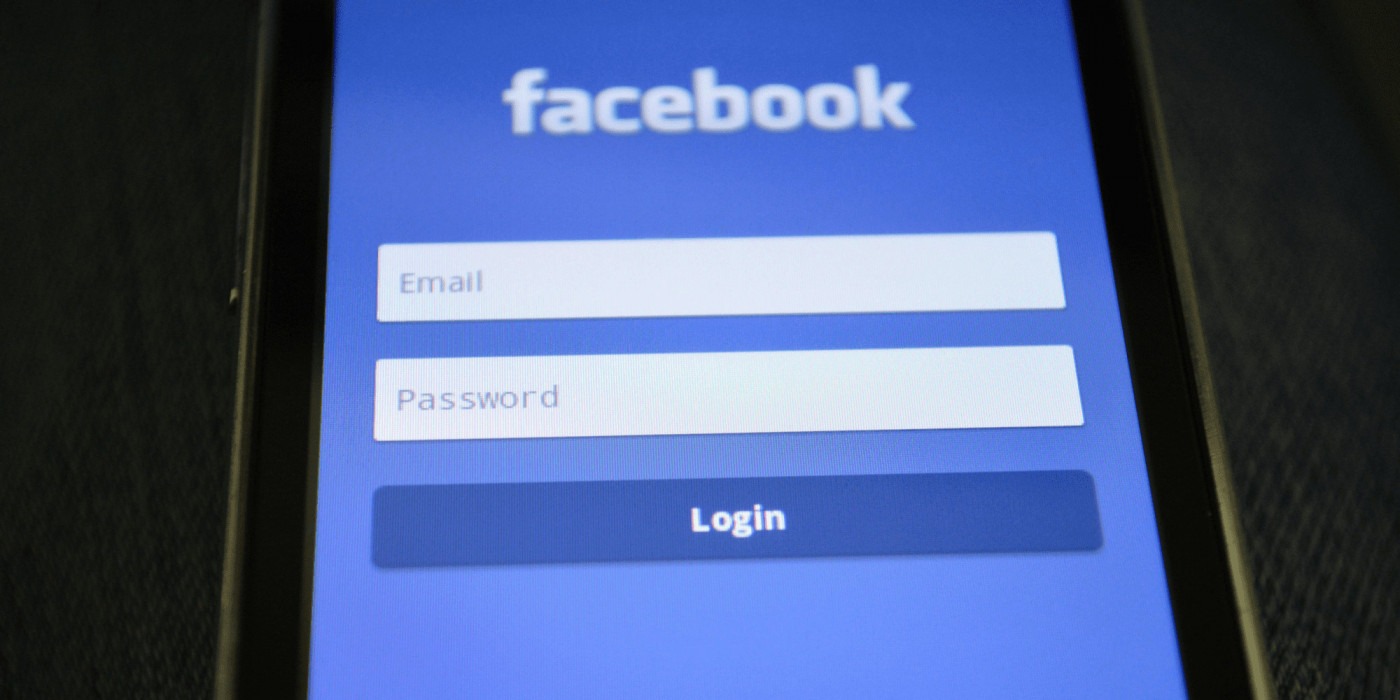The Facebook dilemma: tracing its relevance after 20 years on the web
I got a notification on my phone the other day which included a link to a Facebook video. The idea that someone of my generation was still actively using Facebook surprised me. However, I took a moment to reflect and rewind the clock. I wondered if the sixth grade me, who had been so enthusiastic about creating a Facebook account, would ever encounter such a strong response to the online community I had so much wanted to be a part of. Let’s examine if Facebook still has the same importance now as it had when it first started, after 20 arduous years.
Facebook is more than just a website to millennials – it’s a deeply emotional relationship
Despite a rapid decline in popularity with the younger generation, Facebook still remains as the largest social network with 3 billion active monthly users. However, Facebook has transitioned from being the popular high school kid to a learned professor now with the average user age increasing to the range of 25 to 34. While millennials dominate the space, Generation Z users aren’t completely unheard of, accounting for 18.4% in the UK. Despite the numbers, Facebook has taken a massive turn away from its initial claim of rekindling friendships and bonds and has entrenched its capitalistic notions in business and sponsored ads.
Facebook is more than just a website to millennials – it’s a deeply emotional relationship. They negotiated the highs and lows of puberty on this virtual playground. Facebook captured the story of their childhood, from updating relationship statuses to creating picture albums to capture life’s significant events. The importance of Facebook extended beyond internet mishaps and viral trends. Through its early years, it provided many millennials with comfort, a sense of community, and a connection.
Facebook’s potential power in those early years lay in its capacity to create connections in ways we had never witnessed before. It made the globe smaller by enabling friendships to form instantly across continents. Digital relationships provided an invaluable support system. Hometown cliques grew into global networks of friendship.
Users united over popular subjects, causes, and relationships, exhibiting a sincere sense of community and camaraderie. Facebook created little virtual communities everywhere it went, from laughably outdated programmes like FarmVille to specialised specialty groups. Above all, it seemed more like a real, intimate place to discuss your life than a carefully edited highlight reel on social media.
Facebook’s nostalgic features, such as timelines and status updates, are popular among senior citizens
Unfortunately, in recent years, more polished sites like Instagram, TikTok, and BeReal have eclipsed the once-thriving millennial centre. Facebook is considered outdated by Generation Z who would rather use applications that are more instantaneous, visually appealing, and unwaveringly real. Facebook is still a useful tool for communication, but it doesn’t seem like it will be there for long, as the widespread departure of Generation Z suggests a shift in the status quo on social media.
While younger groups are gradually leaving Facebook, baby boomers and the elderly have surprisingly become the platform’s newest users. Parents and grandparents are increasing their use of Facebook while millennials are gravitating towards newer apps. Comparing Facebook to visually-oriented programmes, the older generations find Facebook’s straightforward design and text-heavy structure to be a big selling feature. One of the biggest draws is how simple it is to share photographs, thoughts, and life updates with relatives. Additionally, Facebook’s community and group features have been enthusiastically adopted by boomers. Facebook’s nostalgic features, such as timelines and status updates, are popular among senior citizens because they let them relive special occasions and memories with their loved ones. Although millennials might consider these tools outdated, boomers are using them to capture special moments in life in the digital era.
The future of Facebook is uncertain as Generation Z abandons the network in favour of more recent video-based applications like TikTok and Instagram. Insiders in Silicon Valley speculate about a possible redesign or rebranding to better connect with younger consumers. However, as the baby boomer generation emerges as some of the site’s most active users, Facebook’s ‘if it ain’t broke, don’t fix it’ mentality still holds sway for the time being.
Whatever course Facebook chooses, there is no denying its enormous influence on digital global socialisation. By skilfully combining textual and visual narrative, it ignited a revolution in human interconnection. Facebook’s true importance comes in the nostalgia ingrained in its coding, even though its longevity in our quickly changing tech world is still unknown. Our whole social media experience will be indelibly shaped by those embarrassing life moments that are permanently embedded on its pages, like an awful virtual embrace. Laughing at those deliciously awful recollections of our younger selves will be a constant as we all collectively scroll into an uncertain future.

Comments